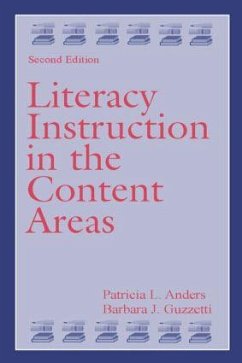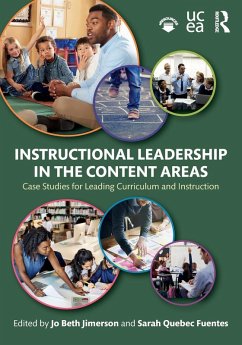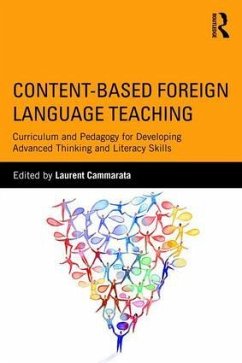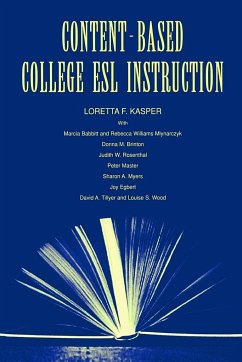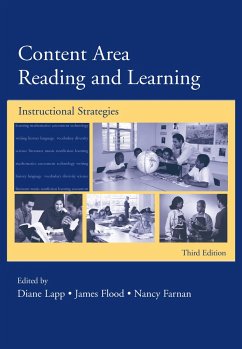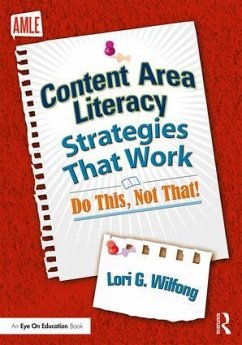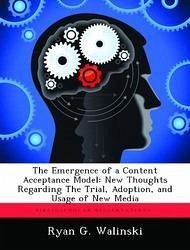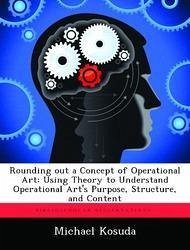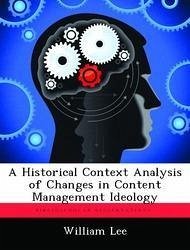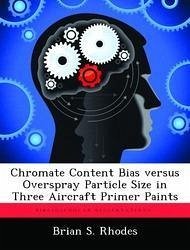Peter J. Fensham Richard F. Gunstone R
Broschiertes Buch
The Content Of Science
A Constructivist Approach To Its Teaching And learning
Versandkostenfrei!
Versandfertig in 1-2 Wochen
Weitere Ausgaben:

PAYBACK Punkte
25 °P sammeln!




First published in 1994. Routledge is an imprint of Taylor & Francis, an informa company.
Peter Fensham was the first Professor of Science Education in Australia after teaching university chemistry for ten years. From 1967-1992 he held that position at Monash University but was also Dean of the Faculty of Education from 1982-1988. He has been involved in Australia in science education, in curriculum policy, and in social justice in schools and higher education. Dick Gunstone is an Associate Professor in the Education Faculty at Monash University. Before joining Monash in 1974 he taught physics and maths in Victorian schools. Currently his teaching and research embrace science education, metacognition and professional development of pre- and in-service teachers. Richard White taught general science, physics and chemistry for ten years in high schools before joining Monash University in 1971. He has been Professor of Education-al Psychology since 1981. His professional interest is in the quality of learning, which has led him into research on learning hierarchies, episodic memory, cognitive structure and metacognition.
Produktbeschreibung
- Verlag: Routledge
- Seitenzahl: 292
- Erscheinungstermin: 21. Januar 1994
- Englisch
- Abmessung: 234mm x 156mm x 16mm
- Gewicht: 447g
- ISBN-13: 9780750702218
- ISBN-10: 0750702214
- Artikelnr.: 21387681
Herstellerkennzeichnung
Libri GmbH
Europaallee 1
36244 Bad Hersfeld
gpsr@libri.de
Für dieses Produkt wurde noch keine Bewertung abgegeben. Wir würden uns sehr freuen, wenn du die erste Bewertung schreibst!
Eine Bewertung schreiben
Eine Bewertung schreiben
Andere Kunden interessierten sich für





